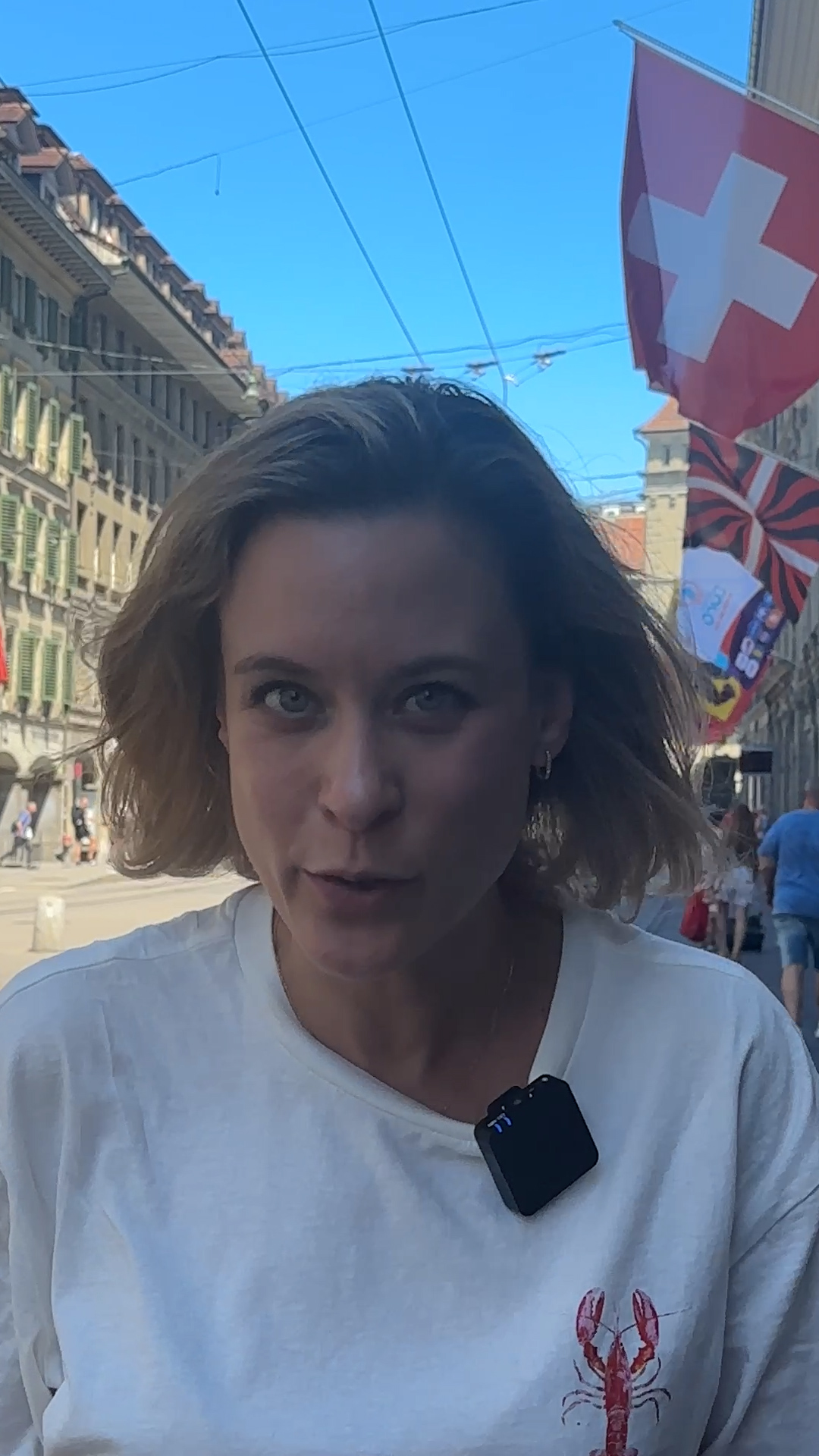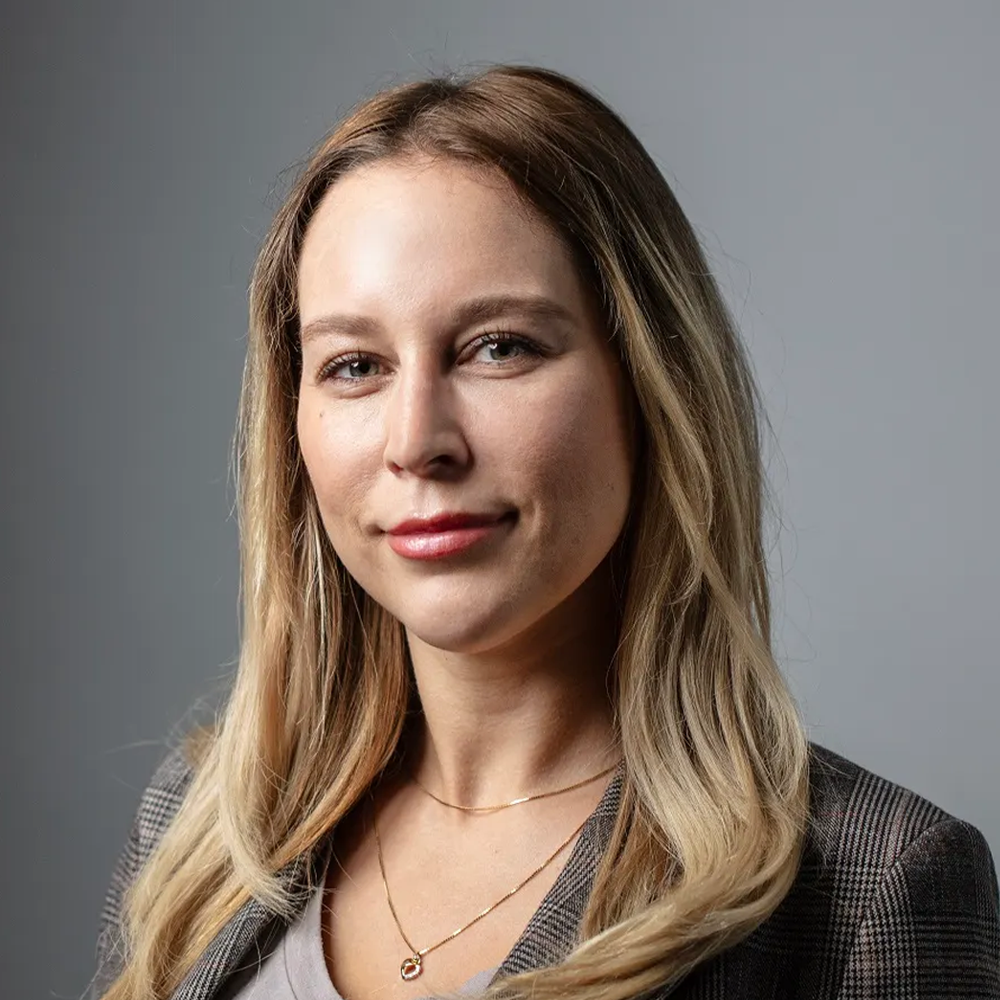
Multinationals tighten grip on bottled water

Switzerland's Nestlé is one firm set on expanding its share of the world's bottled water market.
But critics say that by tapping sources of fresh water, multinationals are squeezing local communities and monopolising what should be a public good.
The bottled water market is a lucrative one, dominated by Swiss food giant Nestlé, with a 16.8 per cent share, and France’s Danone, which controls about 14 per cent.
And Nestlé shows no sign of quenching its thirst for acquisitions. Its aqueous portfolio includes household names such as Perrier, S. Pellegrino and Vittel, and the group is expanding into the profitable home and office delivery (HOD) segment.
In February it added Russia’s Clear Water company and Powwow, the water business of Hong-Kong based conglomerate, Hutchison Whampoa, to its swelling reservoir.
But where it gets the water needed to fill those bottles is a controversial issue, and one which has already landed the company in deep water.
Meagre
The Nestlé group claims to tap a meagre amount of the world’s fresh water supplies to fill its bottles – taking just 0,005 per cent of the total annual withdrawal of 4,010 cubic kilometres.
“For its bottled water division, Nestlé’s withdrawal is 0,0008 per cent,” said Frits van Dijk, head of Nestlé Waters. “These are minute amounts and we are a very small player in the total fresh water withdrawal.”
But though the quantity of water tapped by firms like Nestlé may be negligible in terms of global usage, the effect on local communities which sometimes depend on the sources in question can be devastating, according to aid groups.
“There could be a geographical location where there is not much water around,” Franz Gähwiler, from the Swiss charity Helvetas, told swissinfo.
Devastating
“And if the multinationals pump a spring or ground water which is limited in quantity, then it could have a devastating impact on that small area.”
Franklin Frederick, from the International Free Water Academy, cites the case of Sào Lourenço, a Brazilian town whose water supply was severely damaged after Nestlé began withdrawing water from a natural source for its thirsty Perrier bottles.
“About three years ago, many people in Sào Lourenço began to notice a change in the mineral waters from the water parks [which serve four towns in all],” Franklin recalled.
He added that if water is pumped in greater quantities than can be replaced by nature, its mineral content will gradually decrease.
“And one of the most famous water sources there, the “Magnesiana”, dried up and stopped flowing. We investigated the situation and found that Nestlé/Perrier was responsible for what was going on.”
Vindication
Nestlé Waters rejects these claims, citing a report by the primary regulatory body for water production in Brazil that did not find the multinational responsible for the ground water problems in Sào Lourenço.
“The report by the National Department of Mineral Production is a vindication of Nestlé’s position that it has and continues to use water sources responsibly,” spokesman Hubert Genieys told swissinfo.
“Studies carried out by Nestlé in agreement with the National Department of Mineral Production show that there is no link between our collection of water and the drying up of the Magnesiana,” Genieys continued.
“Further, there is no change in the taste of the water which independent reports confirmed.”
Sustainable
Nestlé defends its record, saying it takes a sustainable approach to tapping water.
“It’s not that we are taking precious water from Mother Earth and selling it at a commercial price – there is also a cost related to that,” van Dijk told swissinfo.
“In most developing nations – including China, Mexico, India and Thailand – we pay a charge to the local community and the proceeds of these charges are then used by the authorities to improve access to water.
“As a single company it is very difficult to get involved in solving the problems of access to fresh water.”
And the problems are legion. The United Nations estimates that around 1.2 billion people are without safe drinking water, and many depend on bottled water.
Parched
For example in Moldova, the Swiss Development Agency (SDC) says there is virtually no clean drinking water to be had on-tap. The situation is similar in many parched Middle Eastern countries.
Despite the need, supplying the developing world with bottled water is hardly a money maker for Nestlé. The multinational turned a profit (of two per cent) for the first time in 2002.
A mere seven per cent of its sales come from the developing world – the lion’s share of its business is done in the developed world.
Nevertheless, Franz Gähwiler of Helvetas would prefer water resources to remain in public hands.
“Multinationals owning water sources represents to my mind a big danger. For me the source should be in public hands and not in the hands of multinationals.”
He acknowledges, though, that it is up to communities themselves to decide what to do with their water.
Democratic
“If a democratic community wants to give a multinational the right to use the water for 10 or 20 years, it’s up to them,” Gähwiler said.
For Nestlé and its rivals, the developed world is where the profit is for the moment.
The Swiss multinational is already successful within the home and office delivery market in North America and the new brands will increase its penetration of the European market which, it says, offers real growth potential.
The business of delivering water to homes and offices is a fast-growing one and Nestlé predicts that the sector will grow by 15 to 20 per cent this year alone.
The group’s Nestlé Waters unit, which is based in Paris, had sales of €5 billion (SFr7.3 billion) in 2001, accounting for almost nine per cent of the group’s total sales.
Despite being the world market leader – the United States’s Coca Cola and Pepsico control around four per cent – the head of Nestlé Waters, Frits van Dijk, said that the spending spree is set to continue.
swissinfo, Samantha Tonkin
Nestlé dominates the lucrative bottled water market with a 16.8 per cent share, and France’s Danone controls about 14 per cent.
Nestlé claims to take just 0,005 per cent of the total global annual withdrawal of 4,010 cubic kilometres to fill its bottles.
However, aid groups argue that the effect on local communities – which may depend on the sources tapped by multinationals – can be devastating.

In compliance with the JTI standards
More: SWI swissinfo.ch certified by the Journalism Trust Initiative







































You can find an overview of ongoing debates with our journalists here . Please join us!
If you want to start a conversation about a topic raised in this article or want to report factual errors, email us at english@swissinfo.ch.